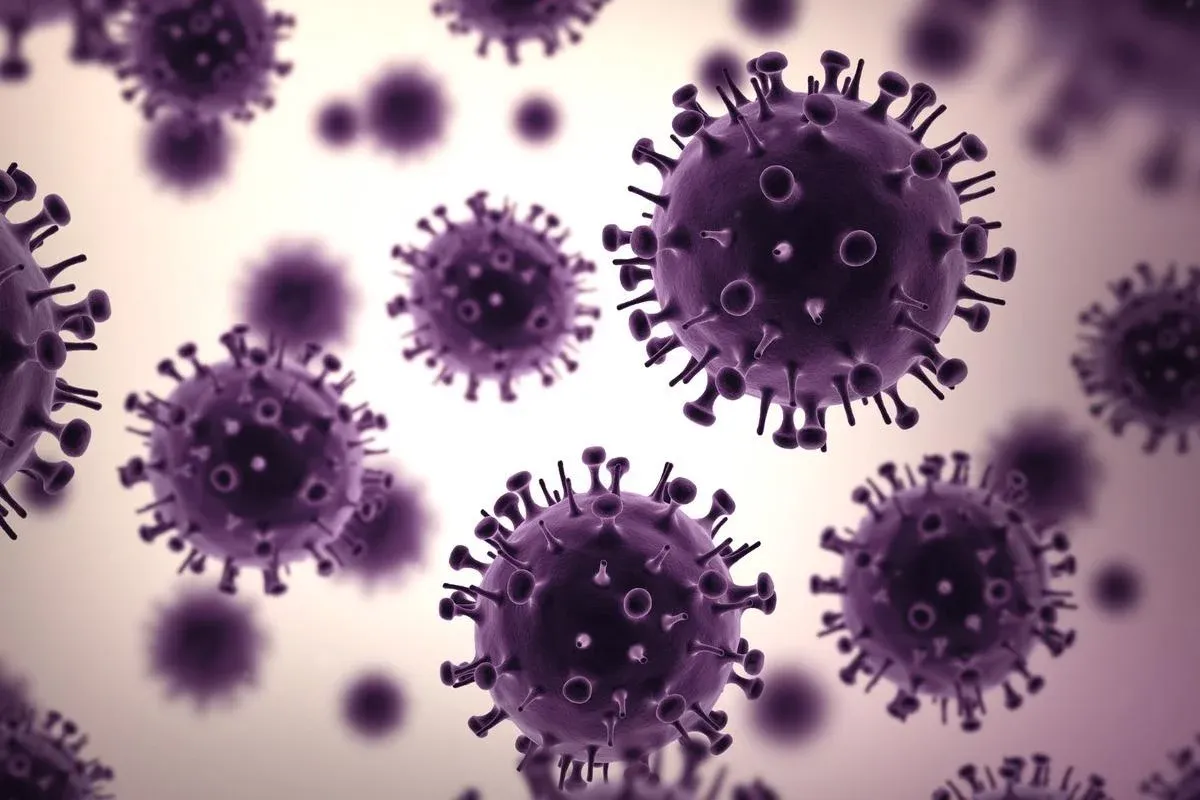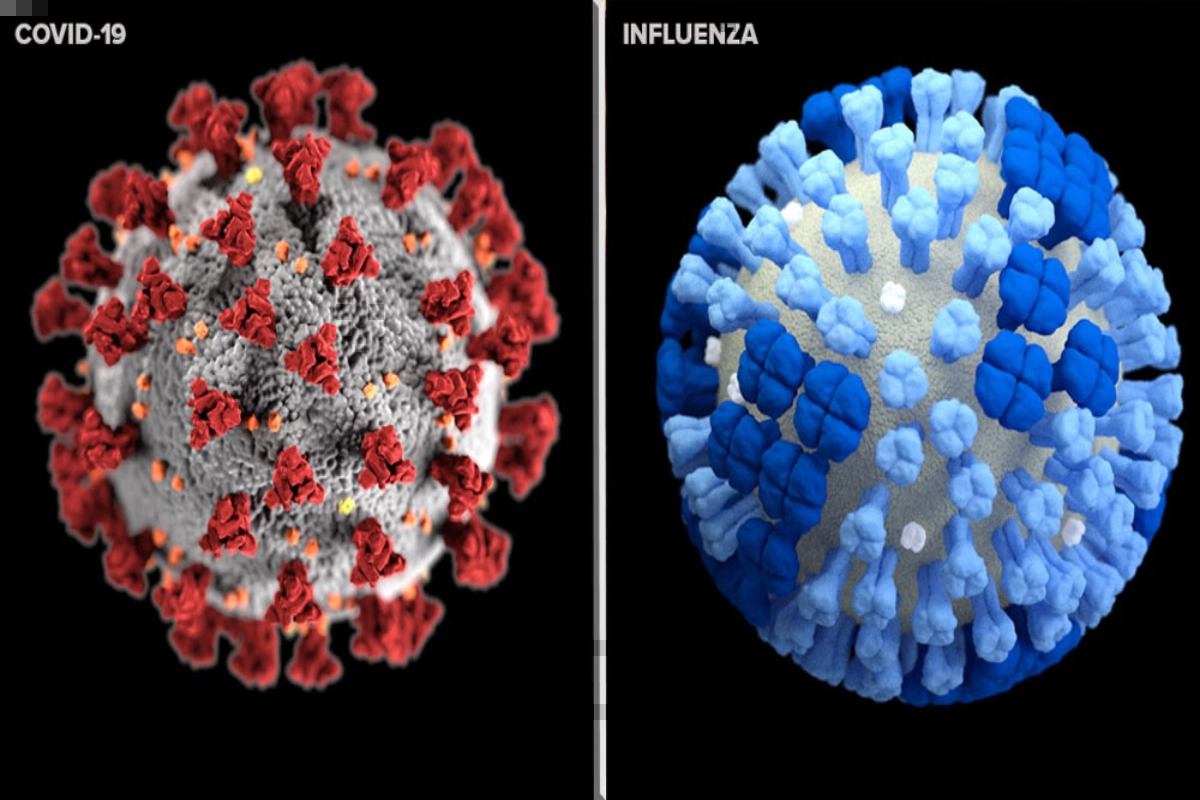There has been a worrying increase in swine flu cases in Assam, which has led to terrible deaths, especially among children. The state’s health authorities are acting proactively to stop the spread of this hazardous disease. The H1N1 influenza virus, which causes swine flu, is a serious health danger that is similar to the pandemic that occurred in 2009. It is essential to understand important swine flu details in order to protect the people around us and ourselves.
Understanding Swine Flu
The influenza A virus family includes the swine flu, often known as the H1N1 influenza virus. A fresh H1N1 virus strain emerged in 2009 and sparked a global epidemic. This virus caused significant morbidity and death all across the world. It was a consequence of a combination of influenza viruses that affected humans, pigs, and birds. The H1N1 strain remained as one of the seasonal flu strains even after the pandemic was declared to have ended in 2010.
Symptoms of Swine Flu
Early identification and treatment of swine flu depend on the ability to recognise its symptoms. After being exposed to the virus, symptoms usually appear one to four days later and might include:
- Diarrhea
- Cough
- Fever
- Headache
- Vomiting
- Body aches
- Sore throat
- Muscle pain
- Eye pain
- Fatigue and weakness
- Runny or stuffy nose
- Abdominal pain
- Chills and sweating
- Red eyes and watery eyes
Preventive Measures
Mitigating the spread of swine flu requires preventive measures to be taken. The following are crucial precautions to take:
- Vaccination: The best preventive method against the swine flu is vaccination. The chance of getting the virus is greatly decreased with the flu vaccination. The seasonal vaccination targets several influenza viruses, including H1N1, every year.
- Hygiene Practices: Maintaining proper hygiene helps reduce the chance of contracting an infection. When you cough or sneeze, don’t forget to cover your mouth and nose with a tissue and throw it away right away. Particularly after sneezing, coughing, or touching surfaces, wash your hands often with soap and water or use hand sanitizer.
- Avoid Close Contact: Keep a safe distance from those who are obviously sick or who seem likely to be contagious. Avoid going near people who are displaying flu-like symptoms.
- Self-Isolation: It’s critical to take care of yourself and get medical attention as soon as possible if you have symptoms similar to the swine flu, such as fever, coughing, or body pains. Reducing social interaction can help stop the virus from spreading.









